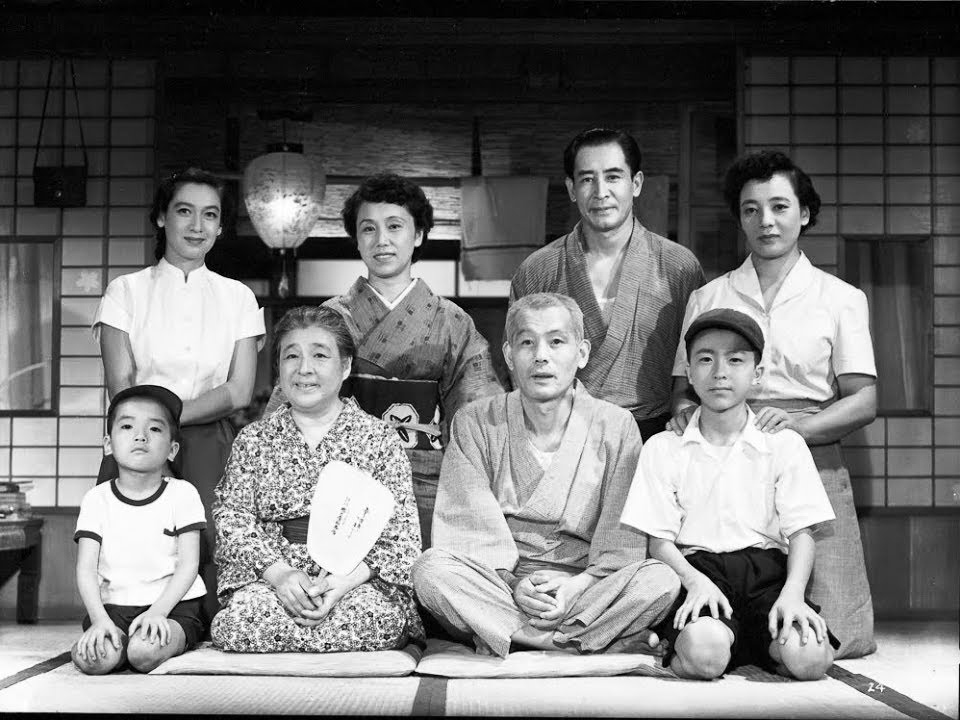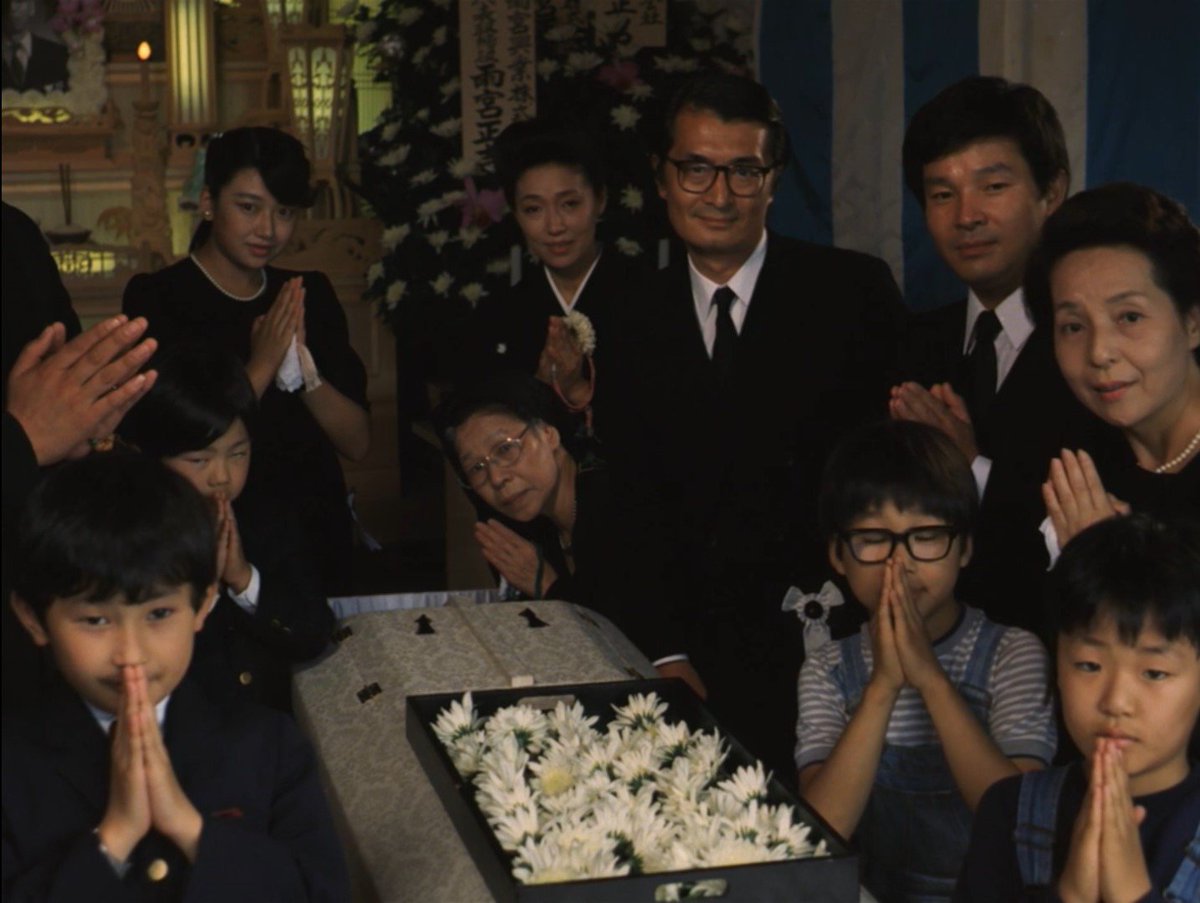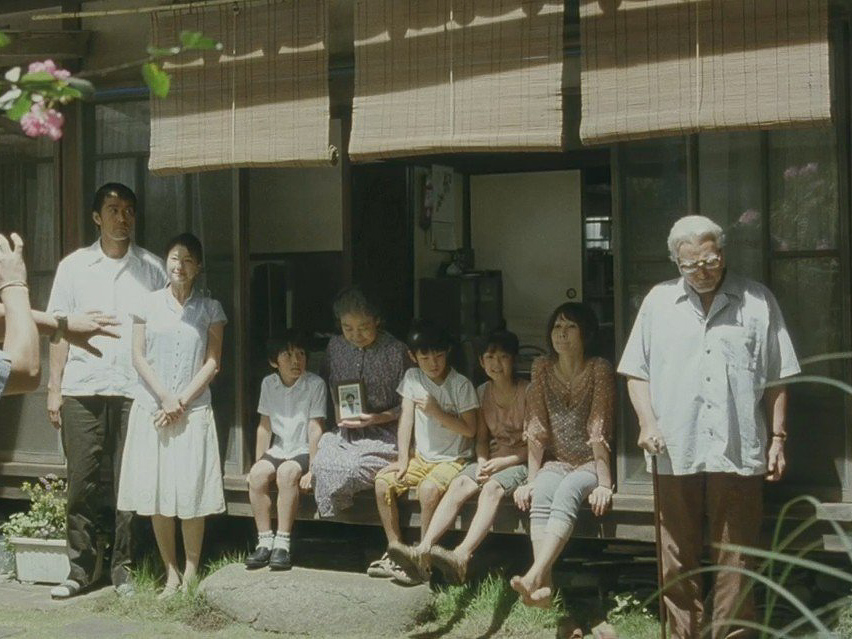




 -->
-->
Essay Published • May 2015
Author • Doroty Sanussi
The family has always been a popular subject in Japanese cinema, spurred by its dissolution and reduced significance in the lives of the Japanese today. I argue that this is a function of the widening generation gap, a phenomenon that signifies a difference in outlook or opinion between generations.
I chose to tackle the topic of generational conflict because of its enduring relevance in the present age and in my own experiences. I have perceived it within my own family and often contemplated the role it plays in shaping family lives.
This essay seeks to identify how Yasujiro Ozu, Itami Juzo and Hirokazu Koreeda have, as leading filmmakers in Japan within their respective lifetimes, portrayed this very subject in their films. It examines the differences or similarities each director’s creative expression may impart about Japanese society’s view of the generation gap, thus answering the research question: “To what extent has the depiction of generational conflict in Japanese cinema changed over time?” This essay specifically concerns itself with the generation gap that emerged in post war Japan and how the directors’ intentions and filmmaking techniques reflect the context in which they makes films.
Through the examination of film language in Ozu’s 1953 Tokyo Story, Juzo’s 1984 The Funeral and Koreeda’s 2008 Still Walking, this essay concludes that the depiction of generational conflict in Japanese cinema changed from criticism of the young to disapproval of the old over time. The nature of filmmaking techniques used also changed from rigid and meticulous to diverse and unrestrained. This change is applicable to Japanese society as a whole and the shift in values it experienced in real life.





 -->
-->